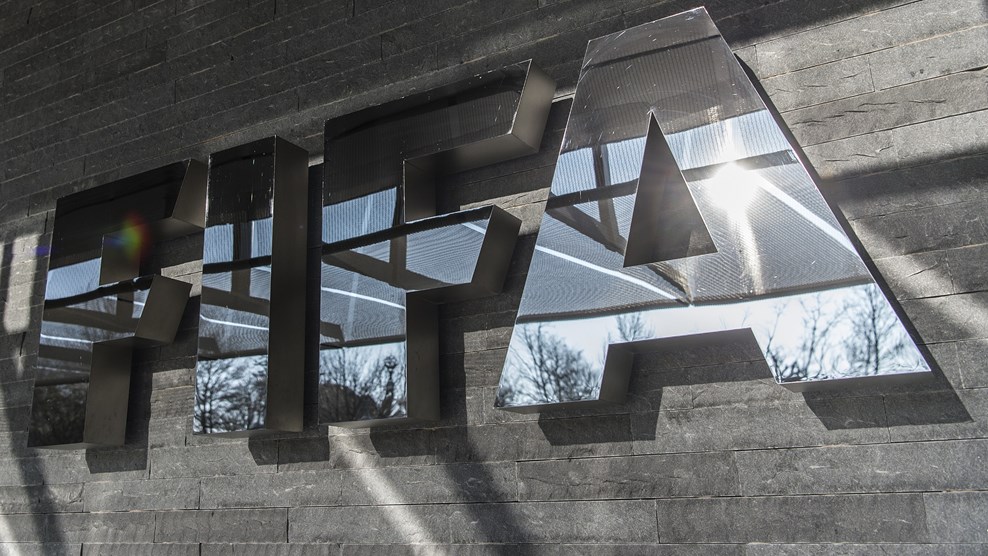By Paul Nicholson
June 28 – FIFA reacted swiftly to the leak to German media of the Garcia Report into the 2018/ 2022 World Cup bidding process by posting the full report online. It was a smart move by FIFA that immediately took the focus of the media reports away from Qatar – who had been lined-up for a series articles from the report – and brought balance to the wider issues of the bidding process and activity of all the bidding nations.
On the principles of fairness and transparency it was the right thing to do, once the leak was out and exclusively so.
The decision to release the report was taken by the new chairpersons of the independent Ethics Committee, Maria Claudia Rojas of the investigatory chamber and Vassilios Skouris of the adjudicatory chamber.
Previously only a summary of the report had been released by the Ethics chamber – a summary that report author Michael Garcia had described as containing “numerous materially incomplete and erroneous representations of the facts” and had precipitated his resignation from his role as head of FIFA’s investigatory chamber.
The principle reason for a summary release and not the full release had been to protect the identity of a number of people who had provided information on the promise of confidentiality. That confidentiality has now been blown wide open.
But the reality is that the report is not as explosive as many were expecting and certainly nowhere near as powerful as the bombs the US Department of Justice – with its much wider powers of investigation and resources – dropped on FIFA’s mainly North and South American executives with their indictments in 2015.
FIFA has taken the moral high ground in publishing the report but it is not without risk. Much of the report could be deemed to be defamatory statements, especially under Swiss law, and in large areas it would struggle in a court of law. But FIFA is not a court of law and this report was a private report marked confidential and which has now in the public domain in full and generally without context.
Certainly the report does not further FIFA’s reputation or those of many of the people mentioned in it, including a number who are still active within footballs upper level of administration.
In a statement FIFA said the report publication“had been called for on numerous occasions by FIFA President Gianni Infantino in the past and also supported by the FIFA Council since its meeting in Mexico City in May 2016. Despite these regular requests, it is worth noting that the former chairpersons of the Ethics Committee, Cornel Borbély and Hans-Joachim Eckert, had always refused to publish it.” Quite why “it is worth noting” that Borbély and Eckert refused to publish is unclear, unless this comment is some kind of post-FIFA Congress 2017 justification for their removal.
The full report can be downloaded in its three parts at:
– AUS_BEL-NED_ENG_ESP-POR_JPN_KOR_QAT_REPORT
Contact the writer of this story at moc.l1745273505labto1745273505ofdlr1745273505owedi1745273505sni@n1745273505osloh1745273505cin.l1745273505uap1745273505

